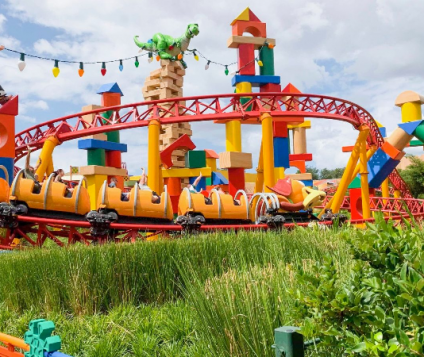Monetize Your Crafts And Hobbies, Sales At The Flea Market

What goes into a great career path? It’s not always obvious. When people start down the path of their dream career it’s usually more theory than practice. People are usually fairly young and don’t even know what activities will bring them satisfaction. It’s quite common for advice to center around doing what one loves. But at that age people are often unsure just what it is that they love to do. Yet others are so focused on earning money that they don’t even consider the question. One will typically find things that he or she loves as time goes on. But these tend to simply end up-regulated to hobbies. People don’t usually stop to wonder if they might be able to turn an artistic hobby into a lucrative career.
However, it often is possible to monetize one’s hobby. And this ability often comes from an unexpected source. The best way to earn money from a hobby is actually the local flea market. It’s important to note that location does factor rather heavily into the decision.
A local flea market scene will greatly enhance one’s ability to monetize hobbies. But one needs to actually have popular markets to sell within. For example, the Houston flea market scene is quite healthy. And a healthy flea market means a healthy customer base. However, this is more a launching off point than the final destination. A local flea market is where one can first hone his or her skills. In the case of someone who lives in Houston this would mean honing skills at the Houston flea market. And this doesn’t refer to skills at making one’s projects. Instead, the prospective entrepreneur needs to focus on honing his or her ability to really talk with people.
An ability to work with the crowd will influence initial sales. But one is also selling himself to peers. Leads on new flea markets will open up as the other sellers begin to take a liking to the newcomer. This will become important as one reaches a point of saturation.
But before that happens the market will give one a chance to hone the ability to sell oneself and the product. And it will also help one get used to the business side of things. Both spaces is fairly inexpensive when compared to opening up a standard shop. But it’s still fairly costly. One needs to get into the habit of knowing exactly what type of space is needed and how much of it.
Next, it’s important to remember to start somewhat small and scale-up. One should work with the absolute best of the best that one has created. This is what will help one really establish a reputation with both customers and peers. And in turn, this will help one scale up the size of the inventory on display. It’s often wise to team up with another smaller scale newcomer at first. And this will work even better if one finds someone who specializes in something complementary to his own work. For example, an ideal match would involve someone who paints teaming up with someone who makes custom frames. This will also make it easier to hand off responsibility for sales to someone else for a while. This can make it easier to take breaks.
Finally, it’s important to remember that this is a profession. One should have the standard implemented for any professional sale. For example, it’s important that one can process payments by credit card. And one should always keep careful track of expenditure to overall profit. And when profits start to slow then it might be time to start working up and making planned outings to popular flea markets in increasingly distant areas.




















